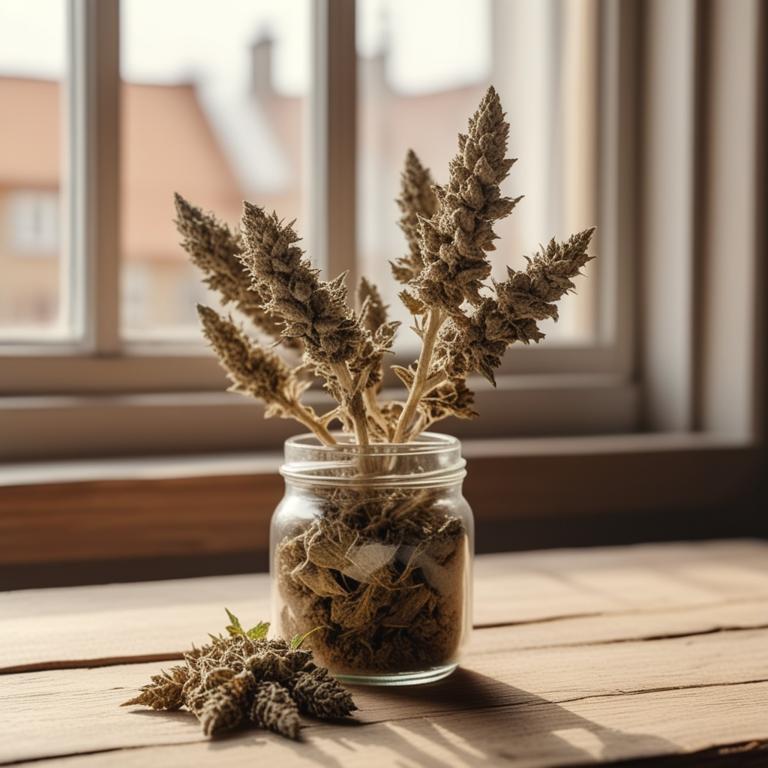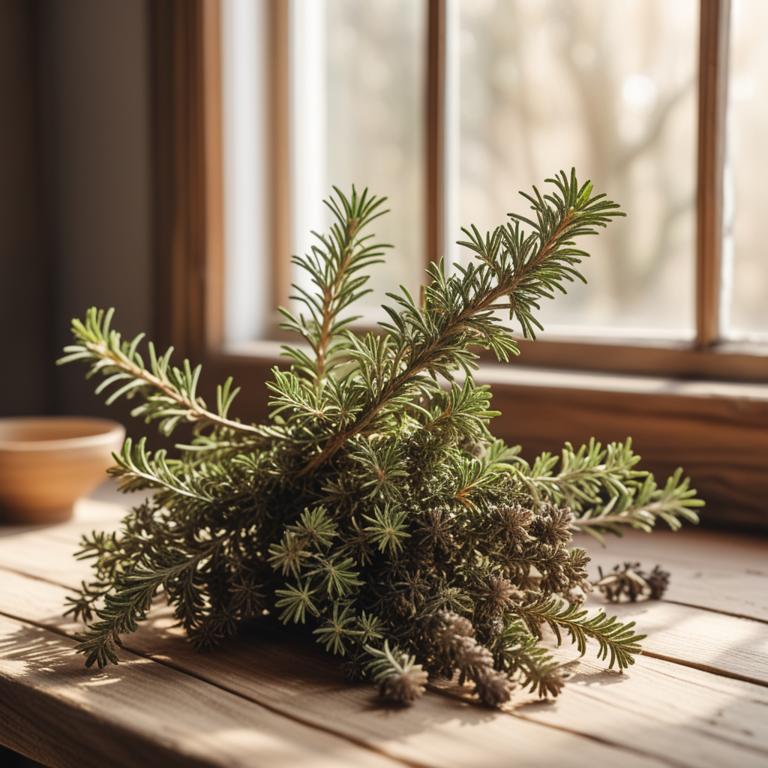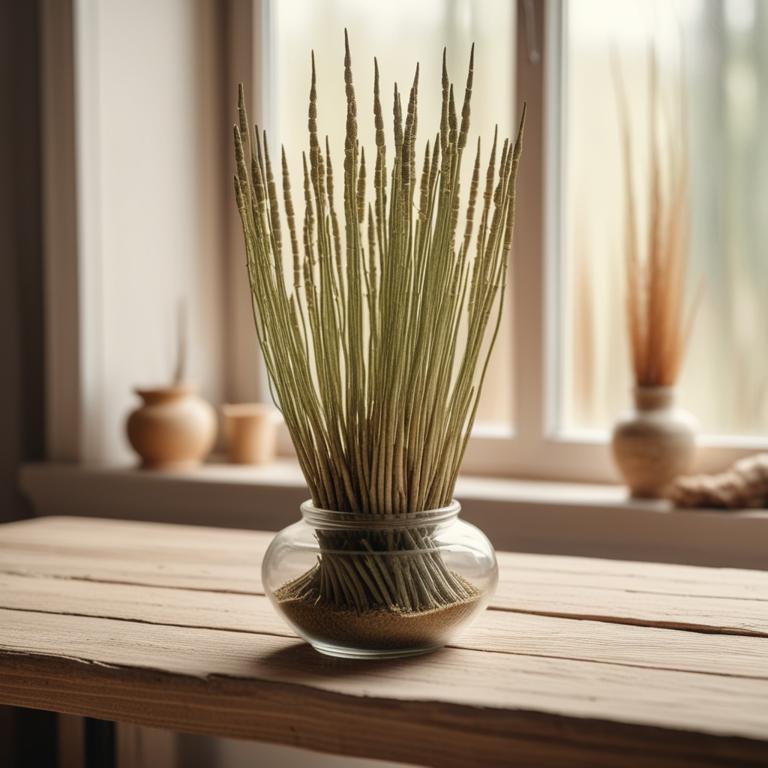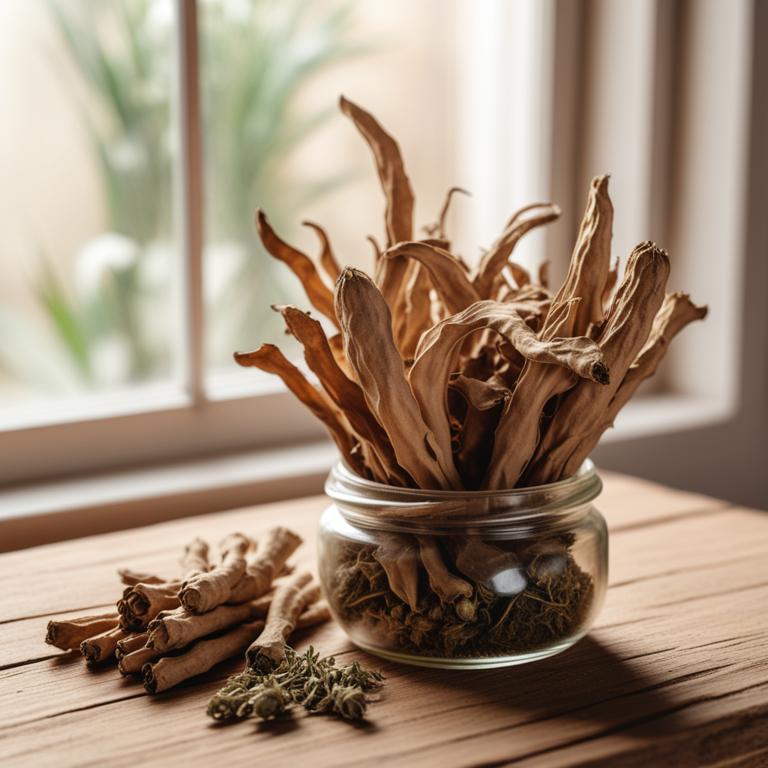Updated: Dec 1, 2024
Overcoming Dysuria: Causes, Medicinal Herbs, and Herbal Remedies for a Healthy Life
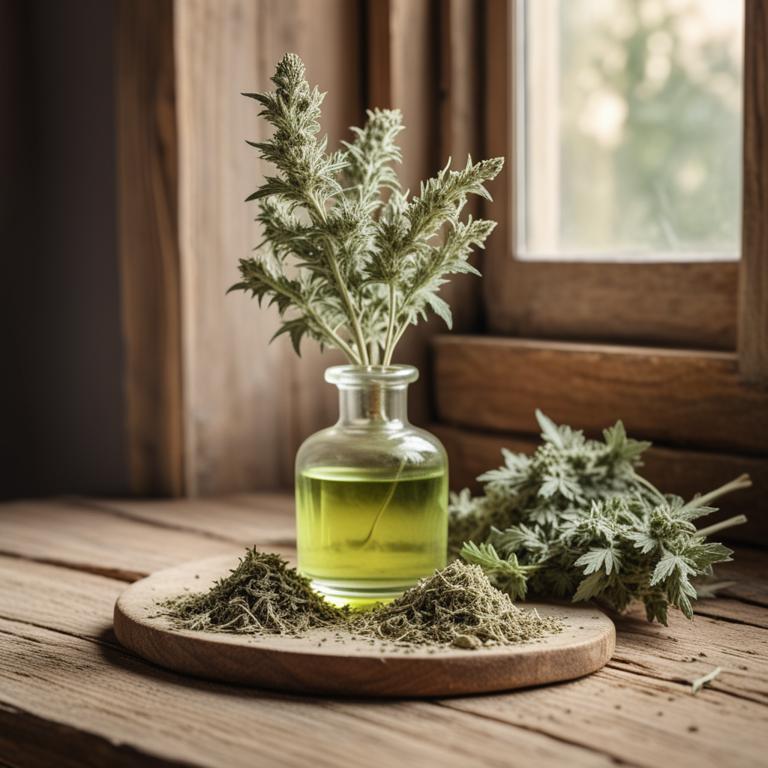
Dysuria is a painful and burning sensation when urinating, making it hard to go to the bathroom.
It can be uncomfortable and disrupt daily life. Dysuria can be caused by infections, like urinary tract infections (UTIs), or by other health issues like kidney stones or an overactive bladder. Herbal remedies have been used for centuries to help alleviate dysuria. Herbs like uva ursi, also known as bearberry, have anti-inflammatory properties that can help soothe the bladder and urinary tract. Another herb, marshmallow root, has a protective coating that can calm irritation and reduce inflammation in the urinary tract.
The soothing properties of corn silk can also help ease the burning sensation associated with dysuria. These herbs can be prepared in different ways to help alleviate dysuria. Tea is a popular way to consume them. Uva ursi and marshmallow root teas can be made by steeping the dried herbs in hot water. Corn silk tea can be made by steeping the silk in hot water. You can also find these herbs in capsule or tincture form, which can be taken orally to help alleviate symptoms.
Some people also use herbal salves or creams to apply directly to the affected area.
Table of Contents
- What factors result in the condition known as dysuria?
- What are the perks of using herbs to manage dysuria?
- What medicinal herbs are most effective for treating dysuria?
- What herbal remedies are most frequently employed to alleviate symptoms of dysuria?
- Which herbs are contraindicated in individuals with dysuria?
- FAQ
What factors result in the condition known as dysuria?
The main causes of dysuria are infections and conditions that affect the urinary system and surrounding areas.
One of the most common causes is a Urinary Tract Infection (UTI), which occurs when bacteria, such as E. coli, enter the urinary system through the urethra and multiply, causing pain and discomfort while urinating. This is often due to poor hygiene, sexual activity, or a weakened immune system. Another cause is Kidney stones, which are small, hard deposits that form in the kidneys and can block the flow of urine, causing severe pain and difficulty urinating. Bacterial vaginosis is a condition that affects women and can cause dysuria, as well as a strong fishy odor and discharge. This occurs when the natural balance of bacteria in the vagina is disrupted, allowing bad bacteria to overgrow.
Vaginal yeast infections can also cause dysuria, as well as itching, redness, and a thick, white discharge. This happens when the Candida fungus overgrows in the vagina. Interstitial cystitis is a condition that affects the bladder and can cause chronic pain and discomfort while urinating, as well as frequent urination. The exact cause of interstitial cystitis is unknown, but it is thought to be related to bladder lining damage or a weakened immune system. These conditions can cause dysuria by irritating the bladder and urethra, causing pain and discomfort while urinating. They can also cause inflammation and infection, leading to more severe symptoms.
It's worth noting that some of these conditions can be treated with antibiotics or other medications, while others may require more complex treatments, such as surgery.
What are the perks of using herbs to manage dysuria?
Using herbs for dysuria can be a great way to relieve discomfort and pain while urinating.
One of the main benefits is that they can help reduce inflammation and swelling in the urinary tract, making it easier to urinate. Herbs can also act as natural diuretics, helping to increase urine production and flush out bacteria or other irritants that may be causing the problem.
Additionally, they can help soothe and calm the muscles in the urinary tract, making it less painful to urinate. Some herbs may also have antibacterial properties, which can help fight off infections and promote healing.
By using herbs, you may be able to reduce the frequency and severity of your symptoms, and improve your overall quality of life.
What medicinal herbs are most effective for treating dysuria?
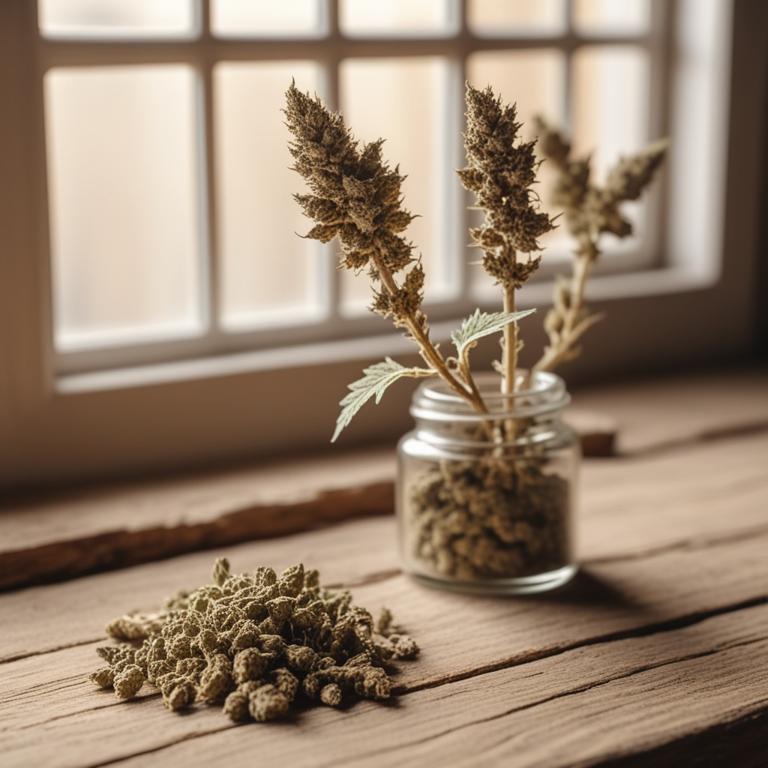
If you're experiencing dysuria, which is painful urination, some herbs can help.
Urtica dioica, also known as stinging nettle, has anti-inflammatory properties that can reduce swelling and discomfort in the urinary tract. It also has antiseptic qualities that prevent infections from spreading. Cinchona officinalis, or Peruvian bark, is a natural pain reliever that can help alleviate the discomfort associated with dysuria. It contains quinine, which is known to reduce inflammation and ease pain. Berberis vulgaris, or barberry, has antimicrobial properties that fight off infections in the urinary tract.
It also has a compound called berberine, which helps to reduce inflammation and calm the urinary tract. Hypericum perforatum, or St John's Wort, has anti-inflammatory properties that can help reduce swelling and discomfort in the urinary tract. It also has antiviral properties that help fight off infections. Glycyrrhiza glabra, or licorice root, has anti-inflammatory properties that can help soothe the urinary tract and reduce inflammation. It also has antiseptic qualities that prevent infections from spreading.
The saponins in licorice root also help to reduce the risk of urinary tract infections.
What herbal remedies are most frequently employed to alleviate symptoms of dysuria?

When it comes to treating dysuria, or painful urination, herbal preparations can be a great option.
One popular way to use herbs is through a decoction, which is a strong liquid made by boiling herbs in water. Decoctions are good for dysuria because they can help reduce inflammation and kill bacteria that may be causing the pain. A decoction of marshmallow root, for example, can help soothe the urinary tract and reduce irritation. Another way to use herbs is through a tincture, which is a concentrated liquid made by soaking herbs in a solvent like alcohol. Tinctures are good for dysuria because they are highly concentrated and can be easily absorbed into the body. A tincture of uva ursi, for instance, has been traditionally used to treat urinary tract infections and can help reduce pain and inflammation.
Herbal infusions, on the other hand, are a gentle way to use herbs. They are made by steeping herbs in hot water and are often used to treat mild cases of dysuria. A herbal infusion of chamomile, for example, can help calm the nerves and reduce stress, which can help alleviate symptoms of dysuria. Herbal ointments and creams can also be used to treat dysuria. These topical preparations can help reduce pain and inflammation in the affected area. A herbal ointment of calendula, for example, can help soothe the skin and reduce redness and swelling.
All these herbal preparations can be used to treat dysuria, but it's essential to talk to a healthcare professional before using any new remedies, especially if you have a severe case of dysuria or if you're already taking medications.
Additional Resources:
Which herbs are contraindicated in individuals with dysuria?
If you have dysuria, which is painful urination, you should be careful with some herbs.
Taxus baccata, also known as yew, contains taxine, a toxic compound that can make your urine retention worse. Gelsemium sempervirens, or gelsemium, can weaken your muscles, including the muscles that help you urinate.
This can make it harder for you to go to the bathroom, and can make your dysuria symptoms worse. Podophyllum peltatum, or mayapple, can slow down your digestive system, which can cause more toxins to build up in your body, potentially making your dysuria symptoms worse. Digitalis purpurea, or foxglove, contains a heart medication that can have side effects like increased urine production, but this can also put extra pressure on your bladder and make your dysuria symptoms worse.
Equisetum arvense, or horsetail, contains silica, which can help with kidney stones, but it can also make your urine more concentrated and acidic, potentially irritating your bladder and making your dysuria symptoms worse.
FAQ
Are there any specific herbs that can prevent dysuria?
Some herbs like uva ursi and marshmallow root may help soothe and calm the bladder, which can help prevent dysuria.
Uva ursi has antiseptic properties, reducing inflammation and infection, while marshmallow root's soothing properties can calm the bladder and reduce discomfort.
These herbs can be consumed as teas or supplements.
Is it safe to use herbal remedies for dysuria during pregnancy?
Using herbal remedies for dysuria during pregnancy can be a concern.
Some herbs can cause problems, like bleeding or muscle spasms. Others might interact with other medications you're taking. It's best to check the ingredients and potential risks before using any herbal remedy.
Always be cautious and read labels carefully.
Are there any herbs that can reduce the frequency of dysuria?
Some herbs, like horsetail and marshmallow root, may help reduce the frequency of dysuria.
They have anti-inflammatory properties that can soothe the urinary tract and reduce discomfort.
Horsetail is particularly helpful as it increases urine production, which can help flush out bacteria and other irritants that cause dysuria.
Related Articles
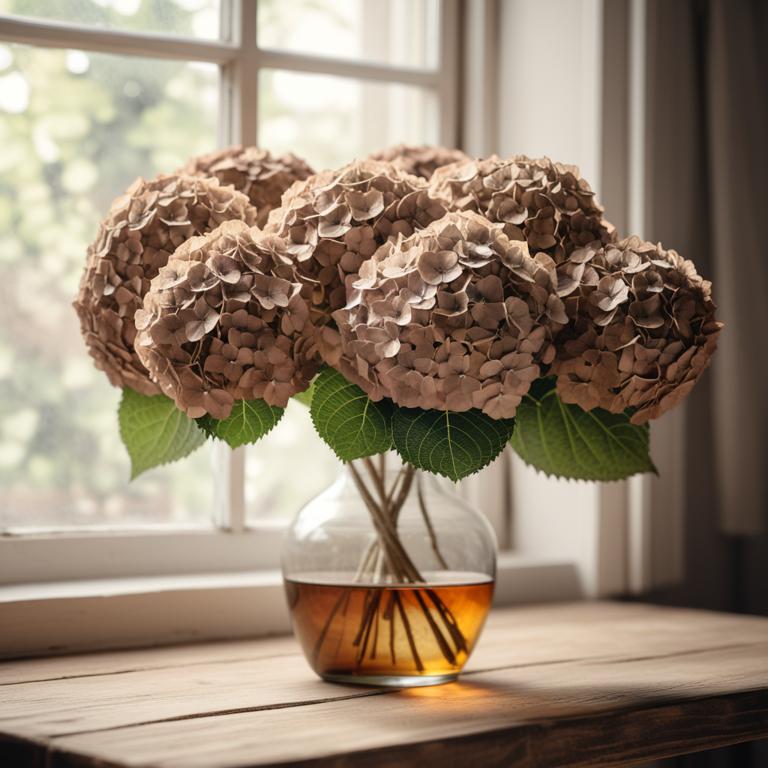
Bladder Infection: Understanding the Causes and Herbal Remedies
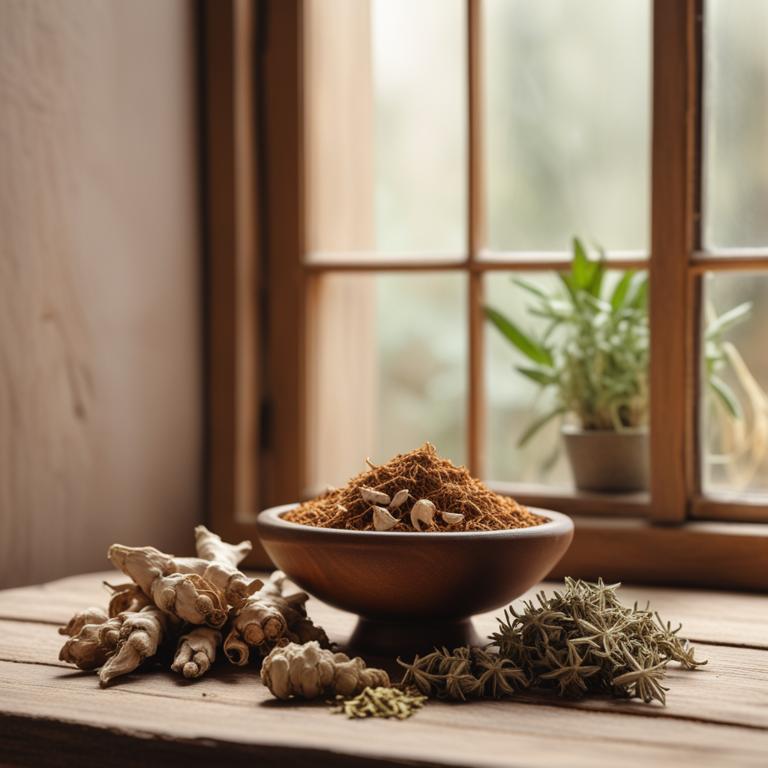
Natural Dehydration Relief: Causes, Herbs, and Medicinal Preparations
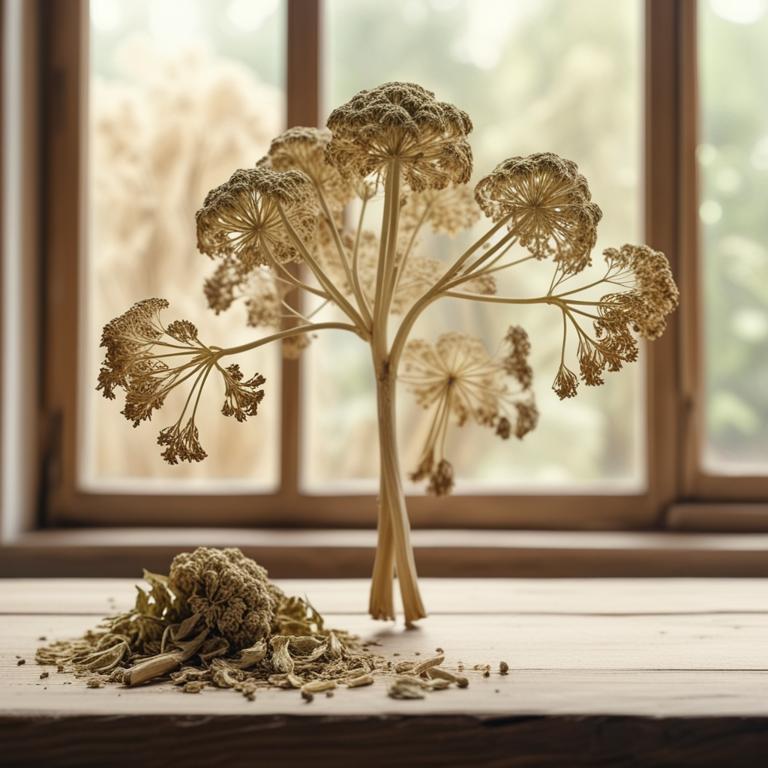
Fluid Retention: Causes, Herbal Preparations, and Holistic Treatments
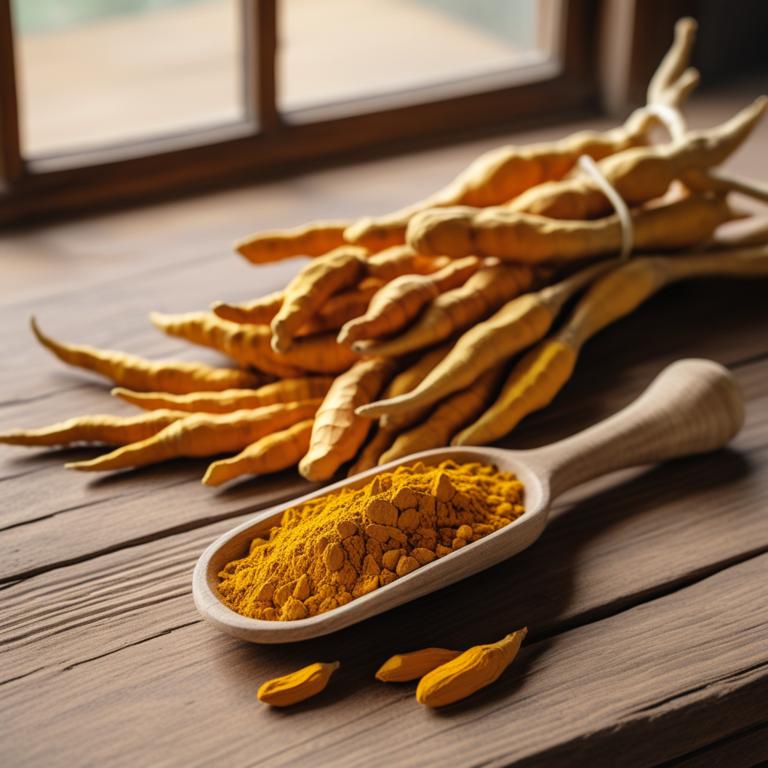
Causes and Treatment Options for Overactive Bladder Using Medicinal Herbs and Herbal Preparations
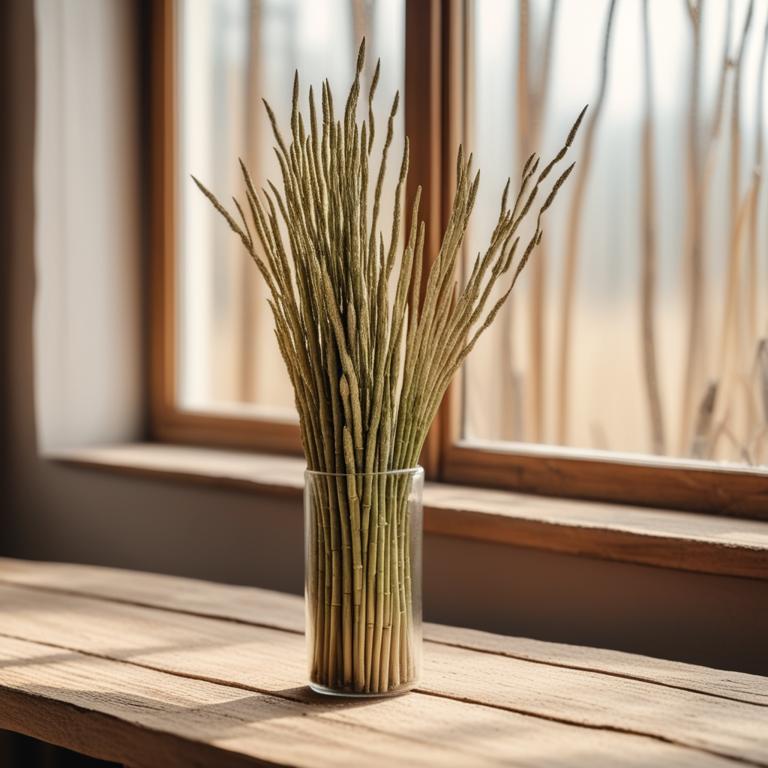
Hematuria: Exploring the Causes and Effective Herbal Remedies for Relief
